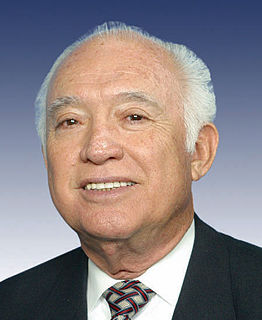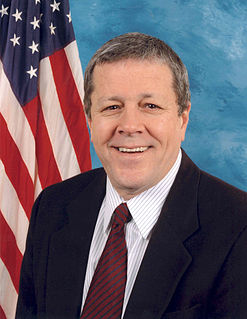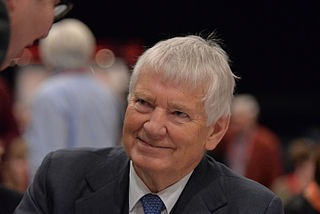A Quote by Gayle Tzemach Lemmon
The military alone cannot end the conflict in Afghanistan. On that much nearly everyone can agree, offering a rare island of consensus among sides otherwise divided on the question of how and when America's longest-ever war should wind down.
Related Quotes
Yes and no. Because America has only about 1 percent of the population serving in the military, it is hard for many civilians to understand the sacrifices military families make. However, my experience is that after the Vietnam War, the public learned that they should support the military whether or not they support the war. You've seen that outpouring of support for the veterans of both Iraq and Afghanistan.
Every time we have come to the end of a conflict, somehow we have persuaded ourselves that the nature of mankind and the nature of the world have changed on an enduring basis and so we have dismantle our military and intelligence capabilities. My hope is that as we wind down in Iraq and whatever the level of our commitment in Afghanistan, that we not forget the basic nature of humankind has not changed.
The great body of our citizens shoot less as times goes on. We should encourage rifle practice among schoolboys, and indeed among all classes, as well as in the military services by every means in our power. Thus, and not otherwise, may we be able to assist in preserving peace in the world... The first step – in the direction of preparation to avert war if possible, and to be fit for war if it should come – is to teach men to shoot!
We do not want to keep our troops in Afghanistan. We see no military - we seek no military bases there. It is agonizing for America to lose our young men and women. It is costly and politically difficult to continue this conflict. We would gladly bring every single one of our troops home if we could be confident that there were not violent extremists in Afghanistan and now Pakistan determined to kill as many Americans as they possibly can.
The question was never whether the United States, E.U., NATO, Arab League, U.N. Security Council, and African Union could together using economic sanctions, diplomatic pressure, and military attacks to bring Qaddafi down. The question was always how much time, how much blood, and what damage to NATO.
In the United States alone, we spend seven times as much on war as on education. There's something wrong there. On this Memorial Day, we should certainly honor those who have died at war, but we should dedicate this day, not so much to their memory, but to the search for a way to end the idiocy of the wars that killed them.
There is no battle space the U.S. Military cannot access. They said we couldn't do Afghanistan. We did it with ease. They said we couldn't do Iraq. We did it with 150 combat casualties in six weeks. We did it so fast we weren't prepared for their collapse. There is nobody we can't take down. The question is, what do you do with the power?



































